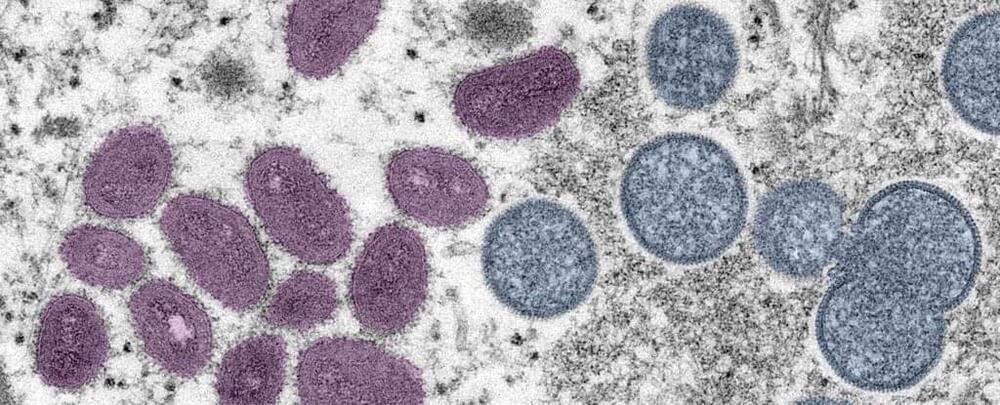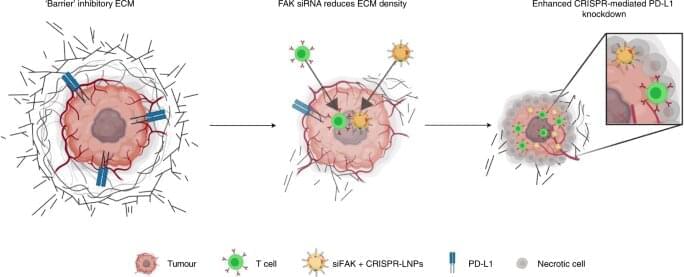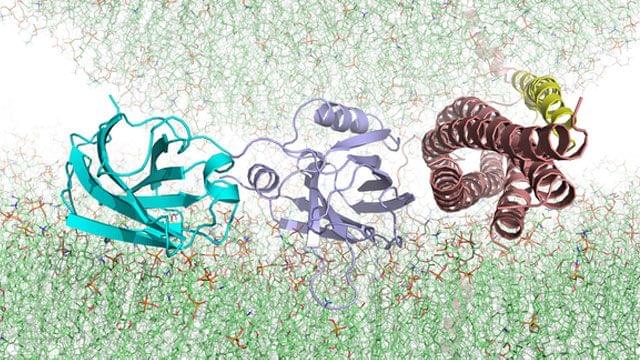Jun 26, 2022
Monkeypox Has Evolved at an ‘Accelerated’ And Unexpected Rate, Study Finds
Posted by Heather Blevins in categories: biotech/medical, evolution
The monkeypox virus has mutated at a far faster rate than would normally be expected and likely underwent a period of “accelerated evolution,” a new study suggests.
The virus, which has infected more than 3,500 people in 48 countries since its detection outside Africa in May, may be more infectious due to dozens of new mutations. In all, the virus carries 50 new mutations not seen in previous strains detected from 2018 to 2019, according to a new study published June 24 in the journal Nature Medicine.
Scientists usually don’t expect viruses like monkeypox to gain more than one or two mutations each year, the study authors noted.


















